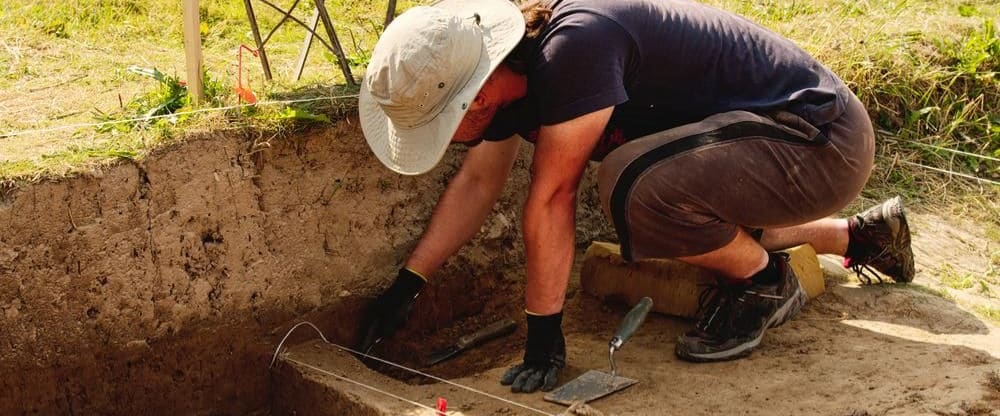How To Prepare Properly For Fieldwork
If you are working towards your doctoral degree and you are new to the fieldwork scene, there are a few things you should know. Let's take a closer look at how to prepare for fieldwork.
- Student Tips

If you are working towards your doctoral degree and you are new to the fieldwork scene, there are a few things you should know.
Nearly all disciplines require field work, from math to climate science, social sciences, and the humanities.
The key is figuring out what you want your fieldwork to look like, how you want to collect data, and what you are comfortable — and uncomfortable — doing.
Let’s take a closer look at six strategies to prepare yourself to do your best work in the field.
1. Consider all possible scenarios
Try to envision what your day-to-day schedule will look like.
If you are not working close to home, plan on travel time, the season, and whether or not you need to move for a period of time. Doing your fieldwork overseas can be fun and rewarding — but also a logistical nightmare.
In addition to the work itself, you also need to consider where your international fieldwork may take you, the travel risks involved, and the network that you will really be able to create.
Do your homework, be objective, and analyze the risk of traveling to different countries to do your work. Will you stand out as a potential target? Do you speak the language? Are you familiar with the culture?
How willing are you to be self-reliant and potentially abandon your fieldwork in case you need to? Ask it another way: how resilient are you in completely foreign and potentially dangerous settings?
2. Develop your research design
Set the groundwork early. A good foundation leads to good decision-making, even if you make changes down the line.
Start before your fieldwork begins. You need your main concepts and themes, a sense of your operations plan, measurement tools, and a data collection plan.
Why before? If you have a sense of how you want to approach the research before you do it, you’ll be able to have a place to start — and a platform from which you can make strategic field decisions.
Regardless of the type of fieldwork you plan to do, generate a list of contacts, and begin networking ahead of time. Have some folks at your field site on whom you can call with questions related to the work itself. Also, research the place — its culture and norms.
3. Choose a destination you’ll like
It’s no fun to be in a place you don’t like. If you’re going to do field work, you might as well enjoy where you are.
If you do your fieldwork in a country recovering from a war, even though your topic has nothing to do with it, expect some backlash. Can you handle learning of daily tragedy in a place that you think you want to be?
Make sure you select a location that suits you, one where you can create a community, establish a network, and one you know you have the emotional capacity to endure.
4. Think about combining your passion with your PhD
Are you a passionate archaeologist who also loves to rock climb? Or maybe anthropologist who loves sailing?
Consider making your passions part of your work. If outdoor adventure is your thing, pick a place where you not only have the opportunity to play but maybe apply your outdoor skills to the work itself.
If you love opera, have a background in music, and study the science of sound, combine everything together and create your research project from there.
5. Be in shape
It helps to have the physical fortitude to do the work you want to do in the place you want to do it. If your fieldwork requires you to scale glaciers, climb, mountains, leap from planes, dive into frigid temperatures, or run far distances, prepare yourself.
Find an exercise and diet regimen that works for you and stick to it.
Your fieldwork will not be nearly as enjoyable if you have an accident in the process.
Know how to get yourself into the situations that your fieldwork requires, whatever it is, and also know how to get yourself out of situations!
6. Don’t romanticize it
Fieldwork is not a faint-of-heart endeavor.
You have to be able to hack it physically, emotionally, intellectually, academically, and psychologically.
Sure, you may have romanticized notions of what it all will be like, but the reality is that you will be working hard, making decisions, changing plans, managing logistics, and feeling a bit lost sometimes.
Those perfect field days? You planned for them. You made them happen. They didn’t just happen on their own.
Know that going into it. Prepare well, do your homework, figure out how you are going to collect your data, do it, and write that dissertation.
Bottom line: know your limits and how far you are willing to push them.
Find a program in these categories


